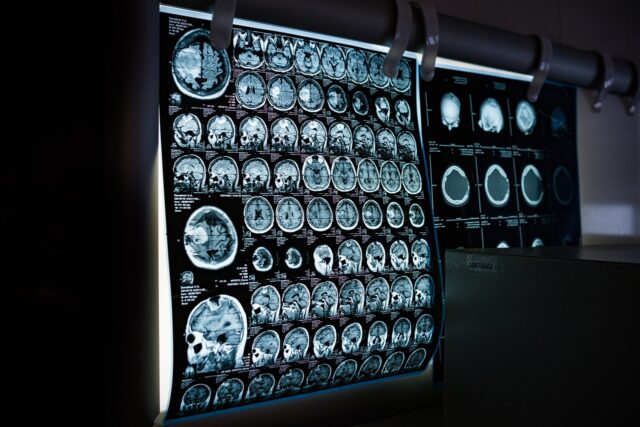Pregnancy brings a whirlwind of physical and emotional changes, and one phenomenon that many expectant mothers report is the infamous “pregnancy brain.” Often described as forgetfulness or mental fog, this condition has sparked both curiosity and concern. Just when we thought we understood the true nature of “pregnancy brain,” new research suggests there’s much more to the phenomenon than we thought.

A new study published in the journal Nature Neuroscience has produced a comprehensive map of how the brain changes during pregnancy, revealing just how little we know about the far-reaching effects pregnancy has on the mother’s brain.
According to the study, the study authors found that while certain regions of the brain may shrink in size during pregnancy, they also become more interconnected, and “only a few regions of the brain are unaffected by the transition to motherhood.”

“There is so much about the neurobiology of pregnancy that we don’t yet understand,” study author Dr. Emily Jacobs, an associate professor of psychological and brain sciences at the University of California, Santa Barbara, said in a news conference.
She continued, “And it’s not because women are so complicated. It’s a byproduct of the fact that biomedicine has historically ignored women’s health. It’s 2024, and this is our first glimpse of this fascinating neurobiological shift.”

According to Motherly.comJacobs and her team conducted the study by collecting MRI scans and blood tests from 26 pregnant participants and comparing them to eight non-pregnant controls. At nine weeks pregnant, they found significant reductions in gray matter volume and cortical thickness, particularly in brain regions associated with social cognitive function. Gray matter is essential for processes such as speech, thinking, and memory, and peaks in early childhood and gradually declines thereafter.
While Jacob has gained extraordinary insight into the “pregnancy brain,” he says more work and research is needed to better understand the changes that occur and what the researchers mean by them.
“We need better data,” Jacobs said. “Less than 1 percent of the 50,000 brain imaging articles published in the last 30 years focus on health factors unique to women, such as pregnancy. So when we talk about the body of scientific knowledge, we have to consider whose body it’s benefiting.”
